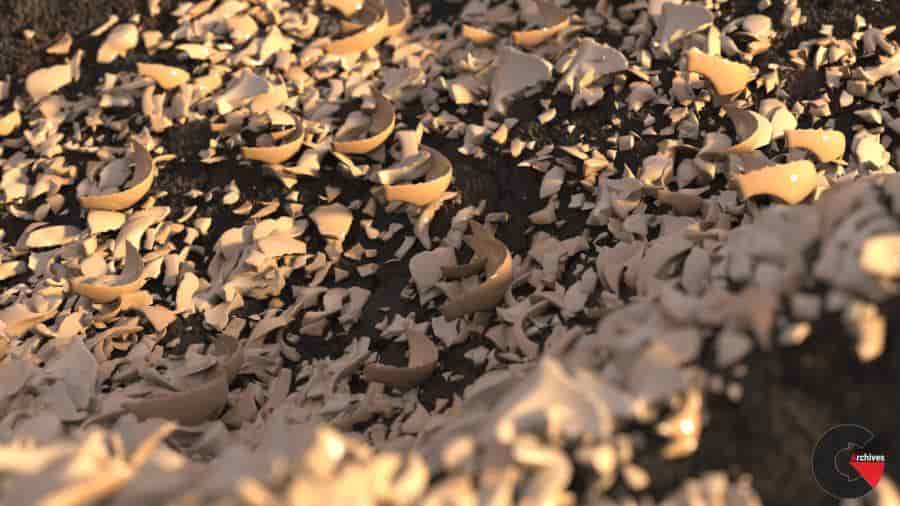FXPHD – Houdini Fundamentals, Collection 1
 Houdini Fundamentals
Houdini Fundamentals
Houdini Fundamentals, Collection 1 : This series of short lessons is designed to get a new Houdini user up and running with a set of core fundamentals. There are a lot of tutorials for new users who focus on the software. However, without knowledge of Houdini’s data flow and fundamental workflows in proceduralism, the users will remain severely limited. Although the examples are basic enough for new users to follow along, they touch on concepts which will carry all the way through to advanced setups by learning how to direct the flow of geometry data, and important concepts in noise, vectors and rotations, population, and simulation.
For many years Andrew has been recognized by the industry as an FX TD and trainer. Movie credits/studios include Mummy 3, Aliens in the Attic, Invictus, Thor, Sucker Punch, Transformers 3, Jack the Giant Slayer, and Ender’s Game at studios Digital Domain, Rhythm and Hues, and Animal Logic. He’s conducted many seminars around the world and written articles, authored a Houdini book, also conducts formal training at dedicated institutions such as Animation Workshop and fxphd.
course syllabus
CLASS 1: ATTRIBUTE CONCEPTS
This class explores the most foundational aspect of working with procedural geometry in Houdini, Geometry Attributes. This attribute obstacle course will guide the participant through various ways to move attributes around and transfer them. It also demonstrates uses for different attribute types (integer, string, float, vector.
CLASS 2: UNDERSTANDING ROTATIONS
One of the most daunting things for new Houdini users to get a handle on is the extensive use of rotations. This class simplifies and explains the foundation of using rotation vectors, paving the way for more advanced workflows.
CLASS 3: USE OF RANDOM AND NOISE
This class demystifies how, when, and where to apply randomization and noise functions to enhance FX scenes. The concepts of how both methods function and some best practices are demonstrated.
CLASS 4: VECTOR MANIPULATION
Diving deeper into vectors will allow setups to work more efficiently; and relieve a new user’s dependence on
pre-made workflows. This class expands on vector manipulation and more sophisticated copy paradigms.
CLASS 5: SCATTERING AND POPULATION
This class helps form more powerful ways to control an effect, by addressing distribution and population methods. Knowledge gained by population/distribution techniques will enhance control in many different FX applications.
CLASS 6: ESSENTIAL SIMULATION CONCEPTS
Simulation is a nebulous concept. This class explores a fundamental understanding of what simulation is and where it can occur in different contexts and forms within Houdini. Various examples are demonstrated expanding the participants understanding of simulation building blocks to take into more advanced simulation models.
CLASS 7: FRACTURE METHODOLOGIES
While fracturing is a highly specialized area of FX work and many tools exist for various uses; this class explores the foundational aspects of fracturing, and forms a more general understanding to give maximum control of the process to the participant. From this session the user can be more aware of underlying fracture concepts and better choose the best fracture and rigid body simulation methods.
lB6MwSwNNIYYHz66UqInBRH/video%205/44391
Direct download links 1.15 GB :
Direct download link reserved for subscribers only This VIP
Dear user to download files, please subscribe to the VIP member
- To activate your special membership site, just go to this link and register and activate your own membership . >>>register and activate<<<
- You can subscribe to this link and take advantage of the many benefits of membership.
- Direct downloads links
- No ads No waiting
- Download without any limitation ، all content in website
CGArchives Is The Best
Review
Review
Review this tutorial
 Houdini Fundamentals
Houdini Fundamentals




